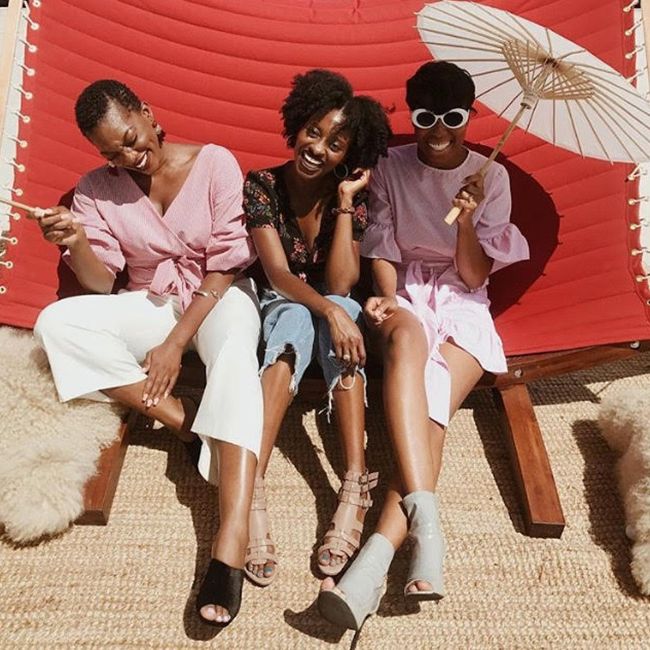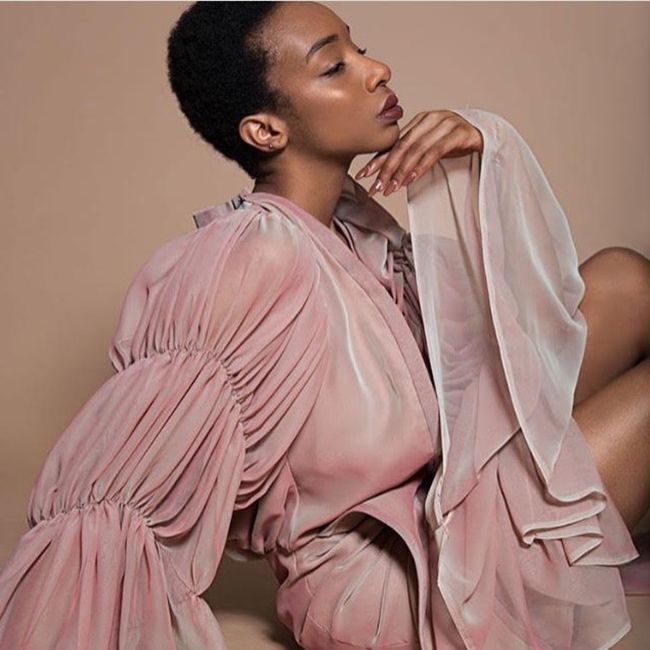

We are bombarded with more media today than during any other time of human history. Unfortunately, most of the media images we see adhere to a narrow beauty ideal. A cursory walk through the magazine aisle at any grocery store shows that the most valued women in our society are supposed to be tall, thin, have long hair, and blemish-free. These images can take a toll on anyone’s self-esteem.
These advertisements require women to engage in constant self-scrutiny, because beauty ideals are unachievable by definition. The labor that goes into creating, editing, and curating what we see in the media is almost always invisible to the end viewer. As a result, onlookers can wrongly assume that there is a caste of “perfect” women out there that we should emulate, or could become if we only worked harder.
By design, media images leave women feeling inadequate, self-conscious, and wanting. Beauty ideals are maintained by corporations that rely on women as consumers who seek to embody them. When we scroll past Instagram models posing with products, it is important to think critically about the feelings these images inspire in us. Sponsors exploit the perceived distance between the model and the viewer to sell their products. But always remember–you’re perfect exactly as you are right now.
Why does beauty capture so much of our attention and insecurity as women? Naomi Wolf, feminist author of the canonical text The Beauty Myth, argues that while the second-wave women’s movement of the 1970s successfully deconstructed most fictions of femininity like domesticity, motherhood, and chastity, it left beauty myths largely intact. Despite gains in women’s political, sexual, and economic empowerment, modern women paradoxically face greater pressures to be thin, young, and demure. Beauty myths undermine women’s self-esteem in order to undermine our empowerment.

The good news is that things have begun to change since the time during which Wolf was writing. We no longer must rely on established media outlets to produce images that reflect the diversity of real life. Women are using the agency and opportunity provided by social media to demand more and better media representations. Social media networks allow individuals to create and disseminate affirming images for their own communities. The natural hair movement and the body positivity movement, for examples, both have online and grassroots origins. Seeing everyday women post photos rocking their curls, waves, and coils inspires the next person to love themselves just as they are.
Communities of women celebrating alternative standards of beauty have grown so much that established companies and marketers have been forced to take notice. Even pop culture’s most iconic symbols for feminine beauty are responding to women’s calls for transformation. In 2015, after decades of demands for more a realistic Barbie, Mattel introduced new dolls with darker skin tones and coily hair. That same year, Angolan model Maria Borges made headlines for walking the Victoria’s Secret runway with her natural hair—a huge departure from the flowing extensions she wore in the last two shows and the brand’s signature long, wavy haired look. And in 2016, Ashley Graham became the first plus-sized model to grace the coveted cover of the Sports Illustrated swimsuit issue.
Graham has now become the face of America’s body positive movement, promoting women’s self-esteem at any size. Importantly, she has used her supermodel status to advocate for even more diversity in the fashion industry. In a recent interview for New York Magazine, Graham expressed, “To not see black or Latina women as famous in my industry is crazy! I have to talk about it. I want to give those women kudos because they are the ones who paved the way for me.” As Graham’s comment acknowledges, we still have a long way to go.
In the future that I imagine for our next generation of daughters, the media will celebrate all women’s beauty. I hope to see dark skin, fleshy bodies, wrinkles, and all types of curly hair when I turn on the television. Contributing to NaturallyCurly’s community StyleNook page is one way you can help us make a step towards creating that future. Share your confidence, style, and self-love with the world! The more we see of you, the more representative our beauty ideals become.
Do you see progress in how women are portrayed in the media? Has the natural hair movement impacted your self-esteem?
Follow us on Facebook to see what we’re talking about right now.
For more inspo, sign up for our newsletter!

